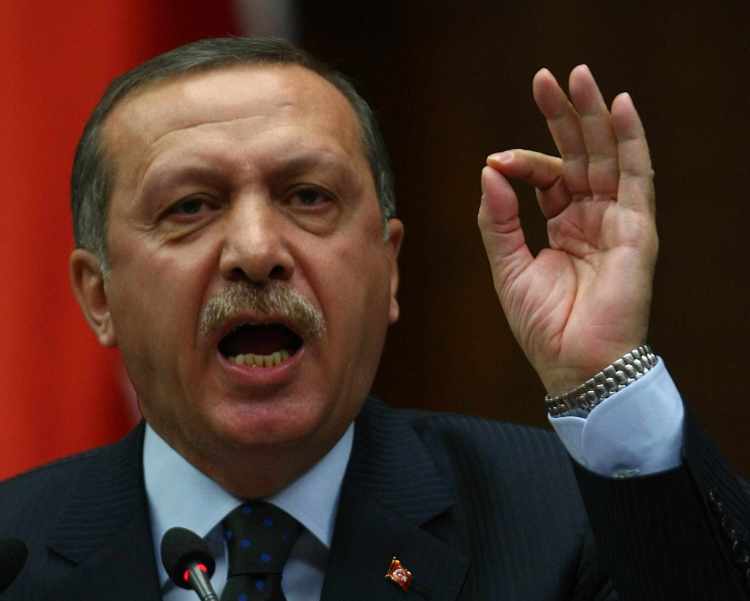Civil liberties have taken a beating in Turkey in recent months, but banning YouTube and Twitter is going too far, says Turkey’s highest court.
Turkish Prime Minister Recep Tayyip Erdogan has been working overtime to suppress media rights in his country, including the right to social commentary on the Internet.
Erdogan ordered a ban on YouTube in March, after videos showed up containing audio recordings of Turkish government officials discussing plans to wage war in Syria. Turkey’s constitutional court has now ruled that such a blanket ban is a violation of Turkey’s freedom of speech laws.
Erdogan promised to “wipe out” Twitter last month after people tweeted photos suggesting corruption in the Prime Minister’s office. He followed through, imposing a blanket ban on Twitter use. The court declared that unconstitutional, too.
The court ruling against the YouTube ban is said to be binding and irreversible. The court itself has had little tolerance for the prime minister’s tactics, claiming that they are politically motivated.
In April, the head of Turkey’s Constitutional Court, Haşim Kılıc, gave a speech in which he summed up the court’s feelings on the subject:
“Those who occupy the castle used the judiciary as a tool of revenge against their adversaries and to provide logistical support for their ideological opinions,” Kilic said. “It’s a dream to build an independent judiciary unless it gets rid of such an understanding and occupation. A judiciary under tutelage cannot provide legal safety.”
Via: Wired
VentureBeat's mission is to be a digital town square for technical decision-makers to gain knowledge about transformative enterprise technology and transact. Learn More

